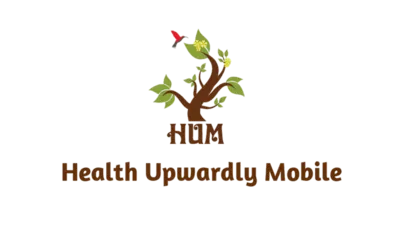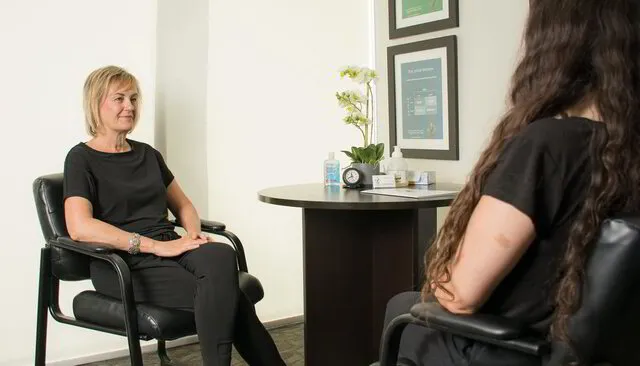Youth and Family Addiction
Counselling and psychotherapy
Youth and Family Addiction Services
HUM provides a comprehensive assessment and outpatient addiction treatment for youth and family members in Calgary and surrounding areas. Assessment means we spend time getting to know you, try to find out what is going on and the acuity of the issues. Treatment means the things we do to help you and your child which may include individual, family and group therapy and other services. HUM’s focus with youth and families is early intervention. Early intervention refers to getting help early for people showing initial signs and symptoms of a mental health problem and/or addiction. Recent research indicates that early intervention and treatment dramatically impact the course of mental illness and addiction and that many people can go on to live happy and productive lives with appropriate treatment.
The benefits of early intervention includes:
- Helping youth and families get healthier faster and prevent problems from becoming worse.
- Improving the quality of home and family life
- Providing the family with healthier coping tools to deal with life stressors
- Improving awareness and seeking professional help proactively
- Increasing the opportunity for enhanced health and well-being for all the family members
A goal of HUM’s youth and family addiction services is to increase the health and wellness of the family unit, help strengthen the ability of parents to support their children, help the youth with their addiction issues and improve family relationships and functioning.
HUM provides support for youth ages 12 to 18 years old, their parent(s)/guardians and family members. For those families that are separated or divorced, it is important for you to provide a copy of legal custody and access orders, parenting orders, and agreements, as well as consent from the non-accompanying guardian prior to your first appointment at HUM.
How do you know if your teen is using drugs or alcohol?
- Have their friends changed recently?
- Is your teen unhappy, angry, depressed, or anxious?
- Has your teen lost interest in hobbies, sport, school and family?
- Does your teen have low self-esteem?
- Has your teen become more secretive, shown impulsive and/or compulsive behavior?
Here are some suggestions to help you and your teen.
- Get informed about addiction issues
- Seek Professional help
- Discuss rather than interrogate
- Expect resistance
- Set boundaries
How we treat youth and family member addiction
There are three ways to access the Youth and Family addiction services at HUM:
- The parent(s) or guardian(s) come for a comprehensive assessment and ongoing therapy. This is beneficial when needing support and guidance when your youth is not ready for help.
- Youth come for a comprehensive assessment and ongoing therapy for those who voluntarily seek help.
- Both youth and parent(s) come for a comprehensive assessment and ongoing therapy.
Available Programs For Youth and Family Addiction
Comprehensive assessment
The assessment includes 3 appointments and is designed to get to know you, the acuity of your issues and appropriate treatment recommendations. The 3 appointments include a nursing assessment, an assessment with a registered psychologist or social worker and a session with a medical doctor. Following this, treatment options will be provided that are based on your needs and current situation. Social and peer support in the community may be recommended as well as other aspects of a bio-psycho-social-spiritual framework of recovery.
1 hour family appointment
Following the comprehensive assessment, a one-hour family appointment is recommended to talk about the treatment plan (covered by Alberta Health Care). The family appointment will include your child, you, your family, and a HUM physician. Additional family sessions are recommended and available upon request.
1 hour individual or family psychotherapy sessions
The recovery support groups are process oriented therefore the structure of each group is fluid and reflective of the needs and current issues raised by group members. Group members have an opportunity to process their life issues and reflect on their recovery including successes and challenges they are facing. Group therapy allows individuals to discuss issues with the support of others in recovery, provide and offer feedback, build a recovery network and increase accountability.
2 hour weekly group psychotherapy with professional facilitators
The recovery support groups are process oriented therefore the structure of each group is fluid and reflective of the needs and current issues raised by group members. Group members have an opportunity to process their life issues and reflect on their recovery including successes and challenges they are facing. Group therapy allows individuals to discuss issues with the support of others in recovery, provide and offer feedback, build a recovery network and increase accountability.
An 18 day (144 hour) intensive outpatient program (IOP)
The IOP is spread out over 3 Phases and 3 months with a weekend family/friends program included. The IOP is designed for those wanting more intensive treatment who have identified having an issue with Addiction, Mental Health and/or Chronic Pain.
Medication Assisted Recovery (MAR)
Methadone and Suboxone are available by prescription for patients at HUM. These medications may be used as part of the treatment plan for Addiction involving opioids as needed after consultation with a HUM medical doctor.
Medical Withdrawal Management
This is available to individuals who have completed the comprehensive assessment and are patients at HUM. The aim is to provide the appropriate level of support and minimize the risks associated with detoxification and withdrawal. Detoxification will be initiated during the day on an outpatient basis so it is necessary for the individual to have appropriate support overnight during the detoxification period. All patients are monitored by Dr Hajela during the detoxification/withdrawal period. This is important as withdrawal is more tolerable and safer when there is an understanding of the pharmacology and physiology of withdrawal to determine appropriate use of medication to modify the withdrawal process.
Medication management
Request An Assessment

